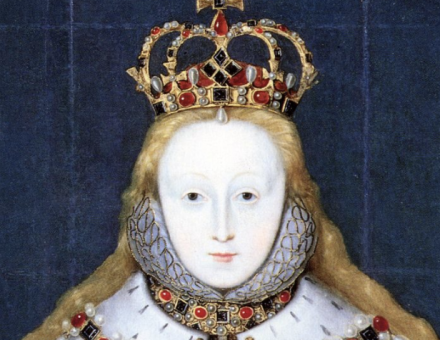The World Map
About the beginning of the fourteenth century, writes A.L. Moir, a prebendary of Lincoln Cathedral completed his ambitious world map, in which geographical information is mixed with historical details and pictures of fantastic legendary monsters.



